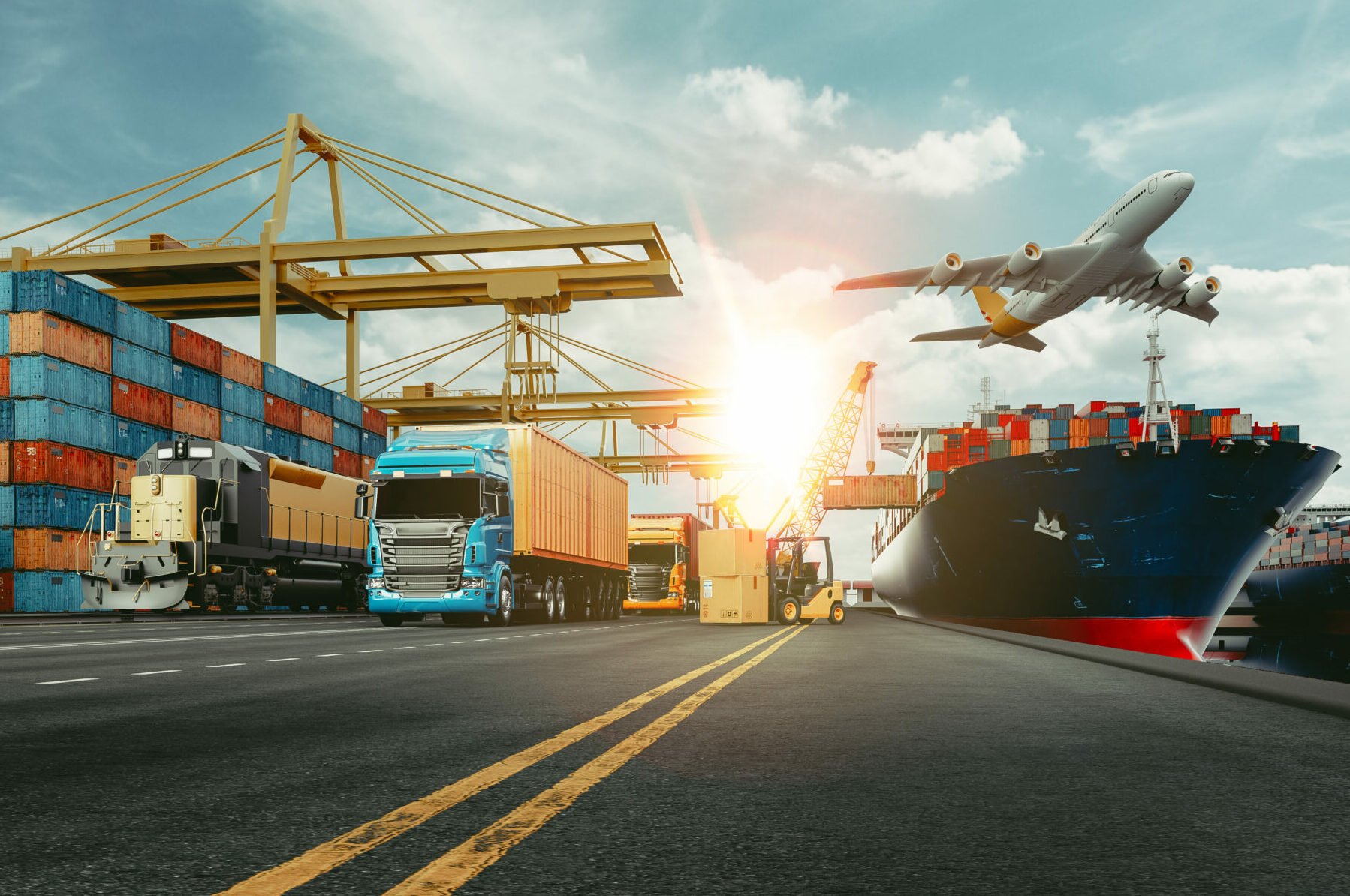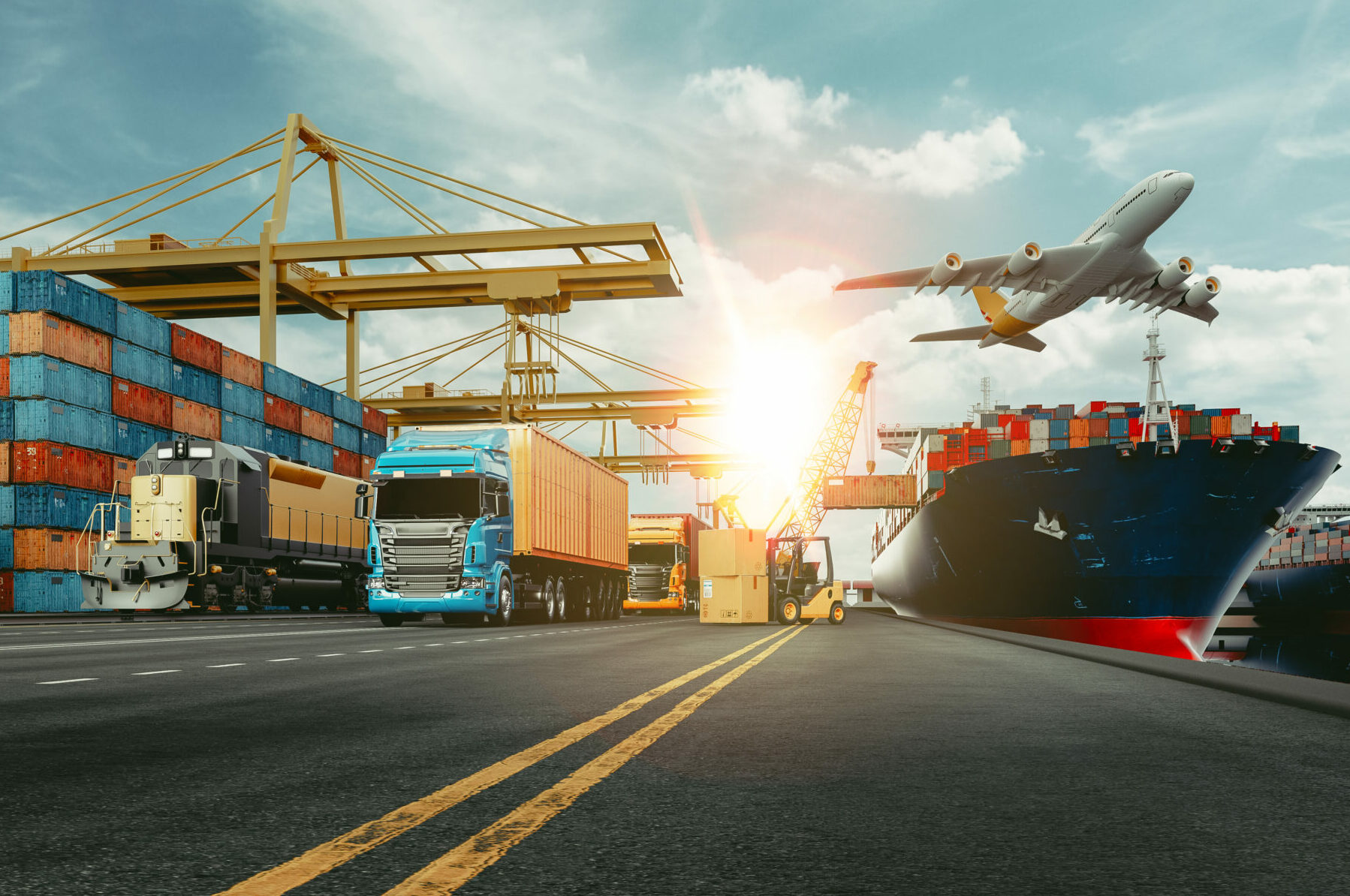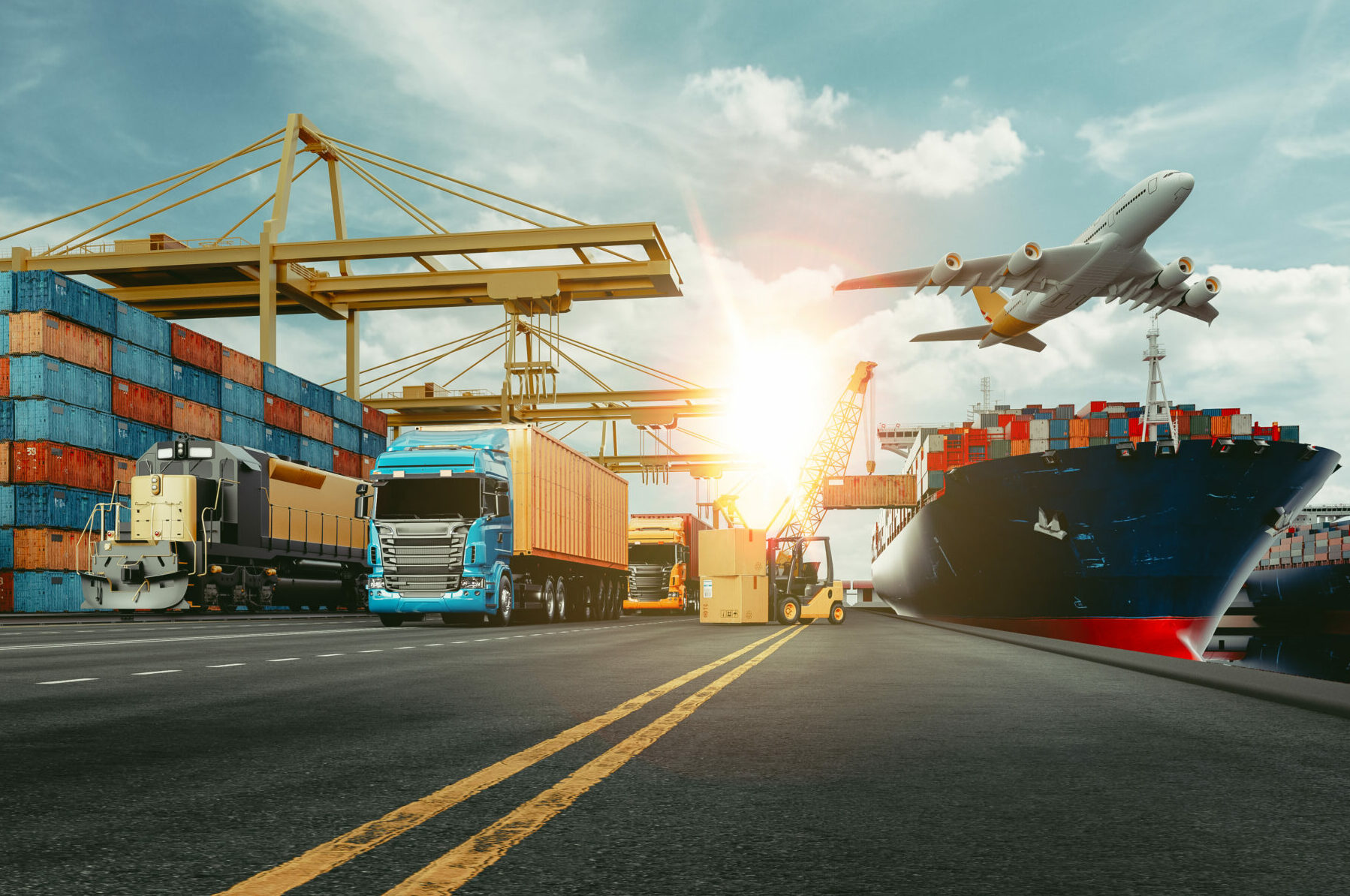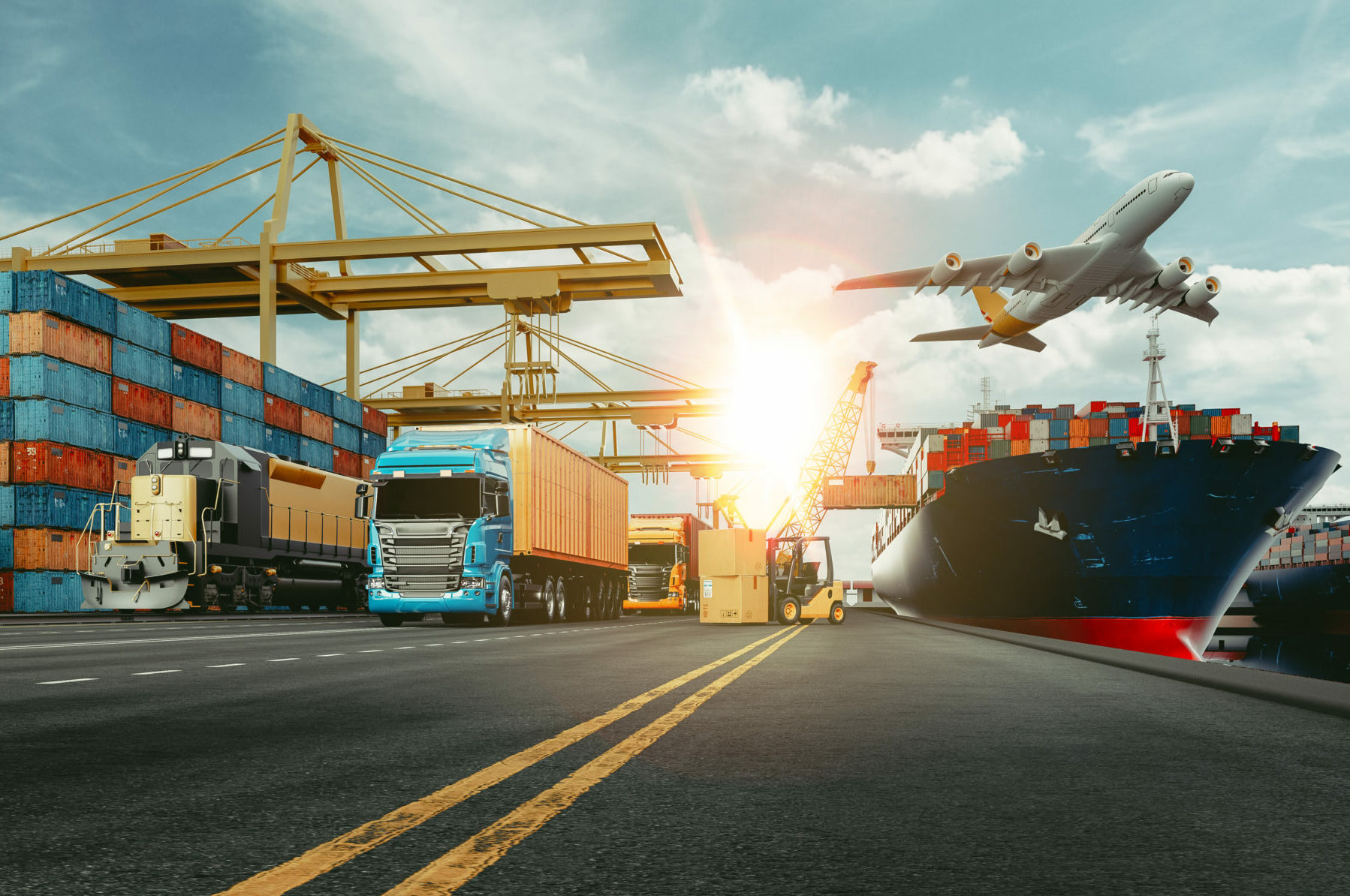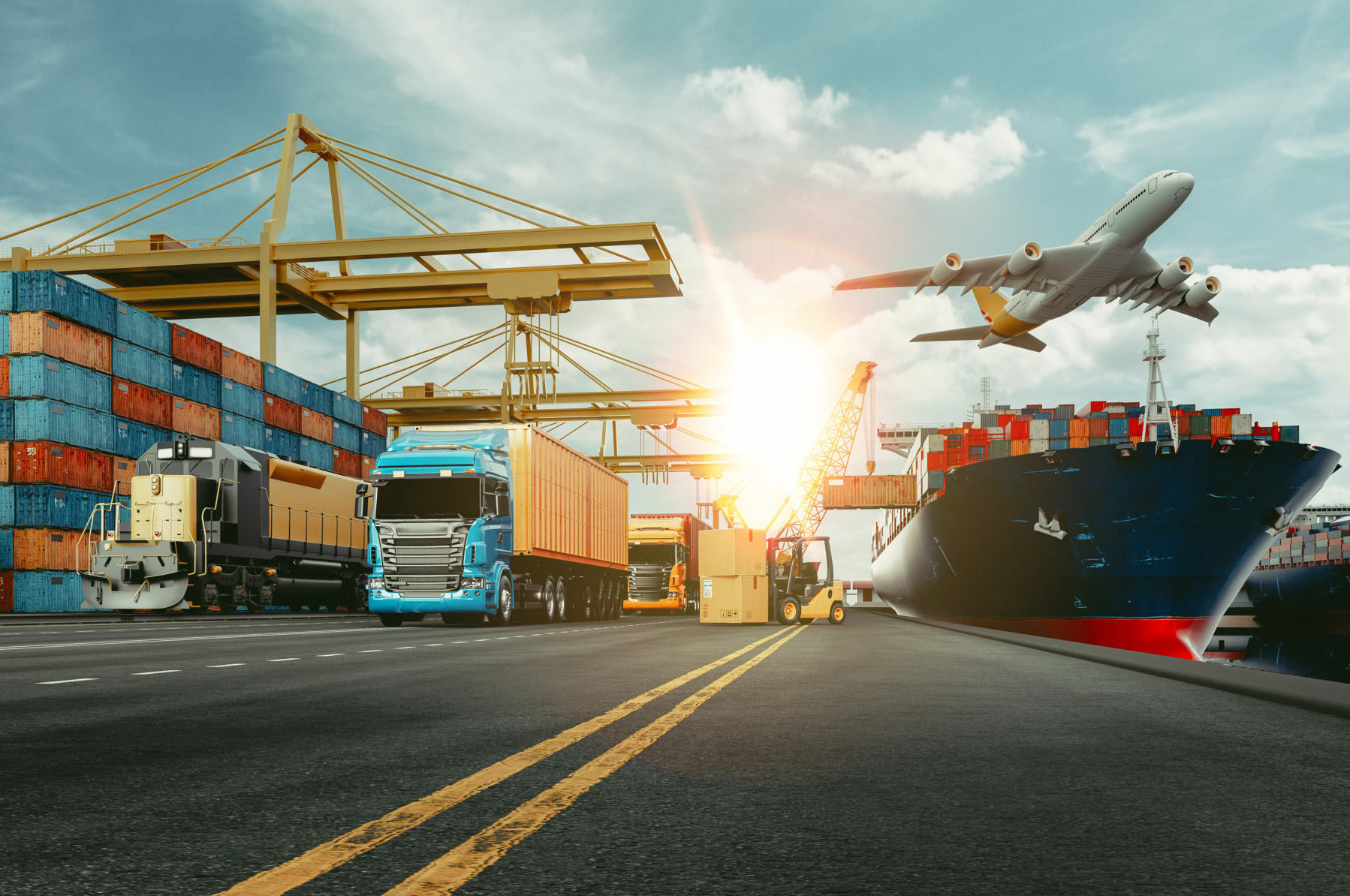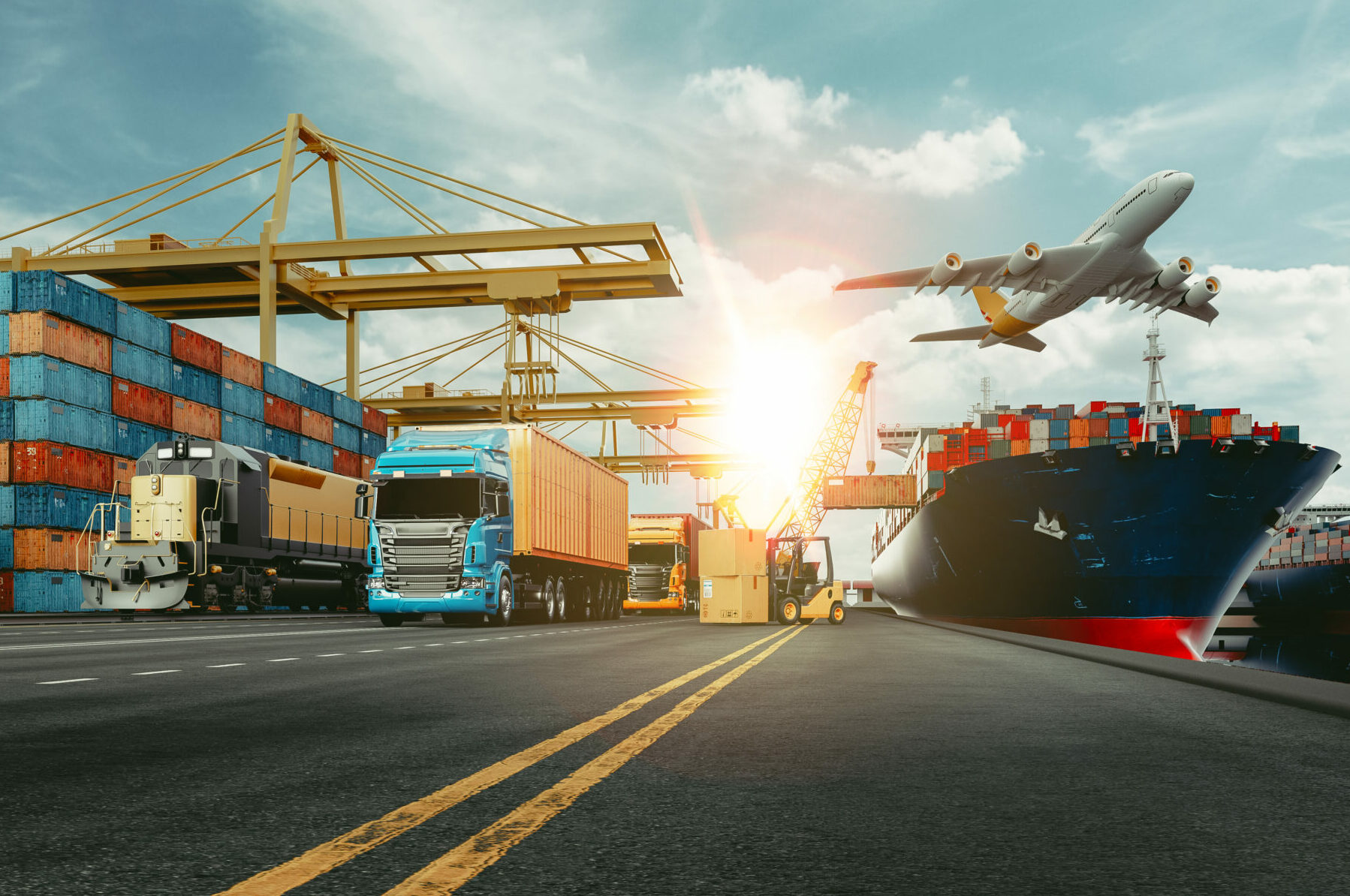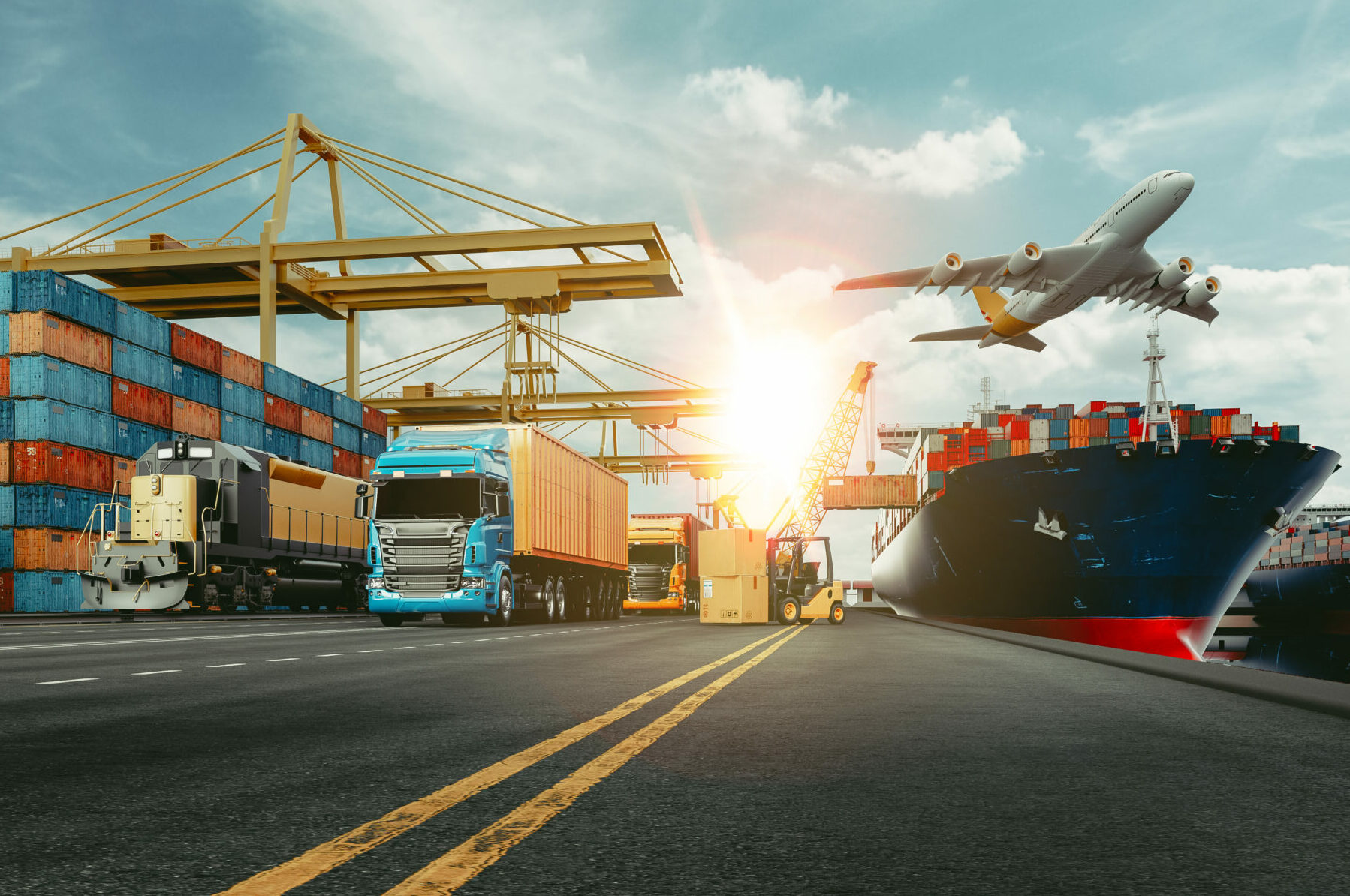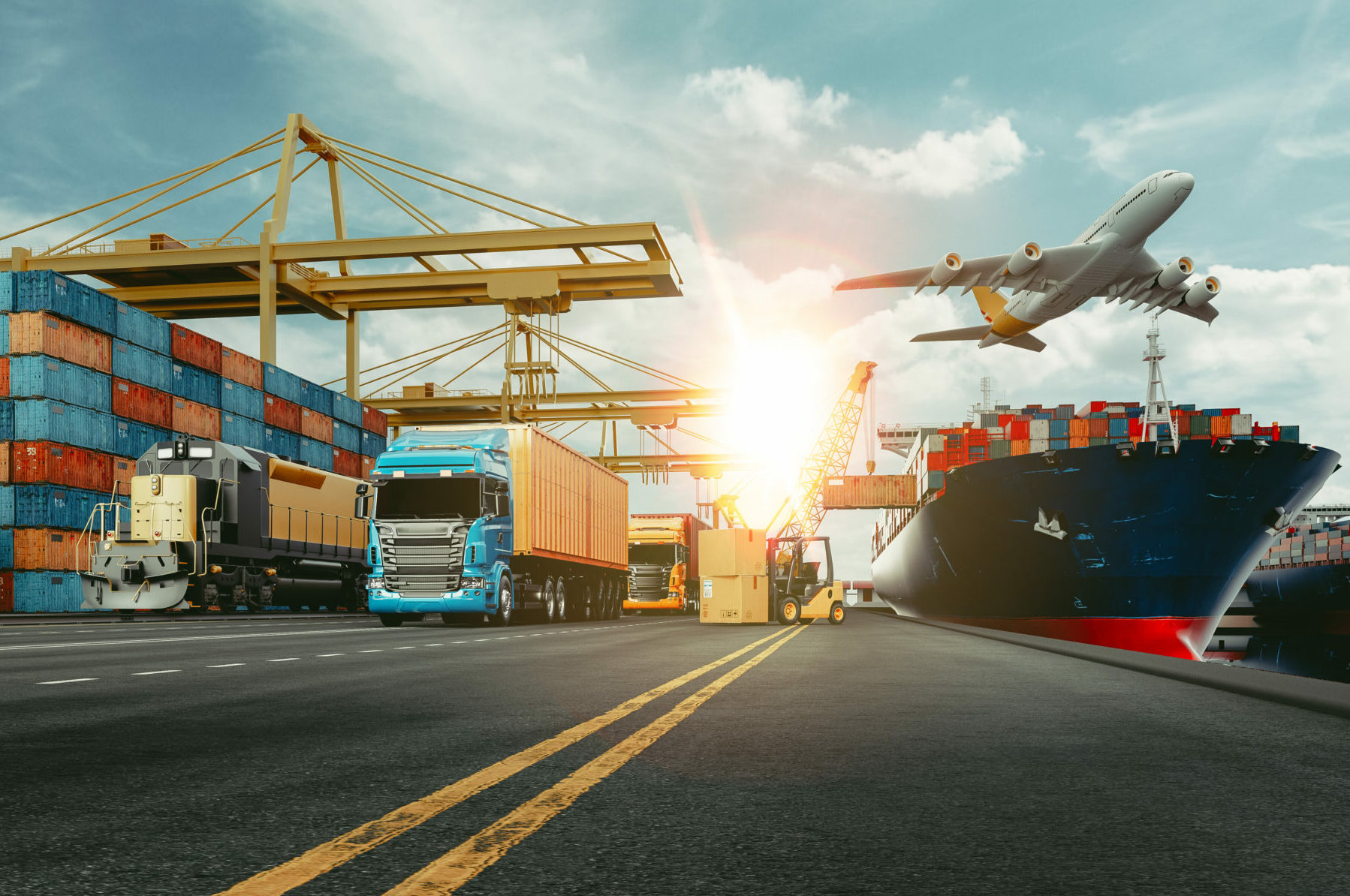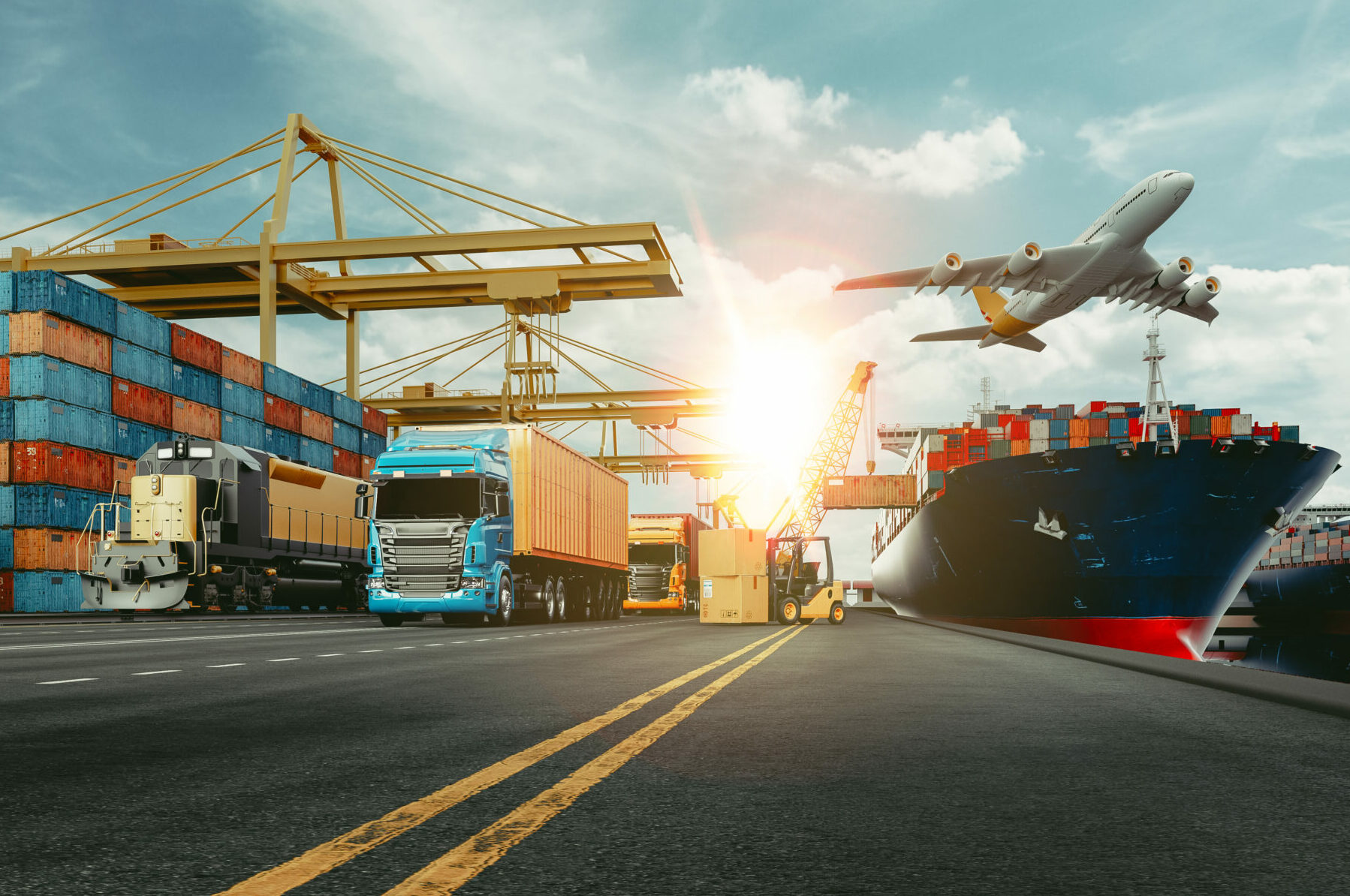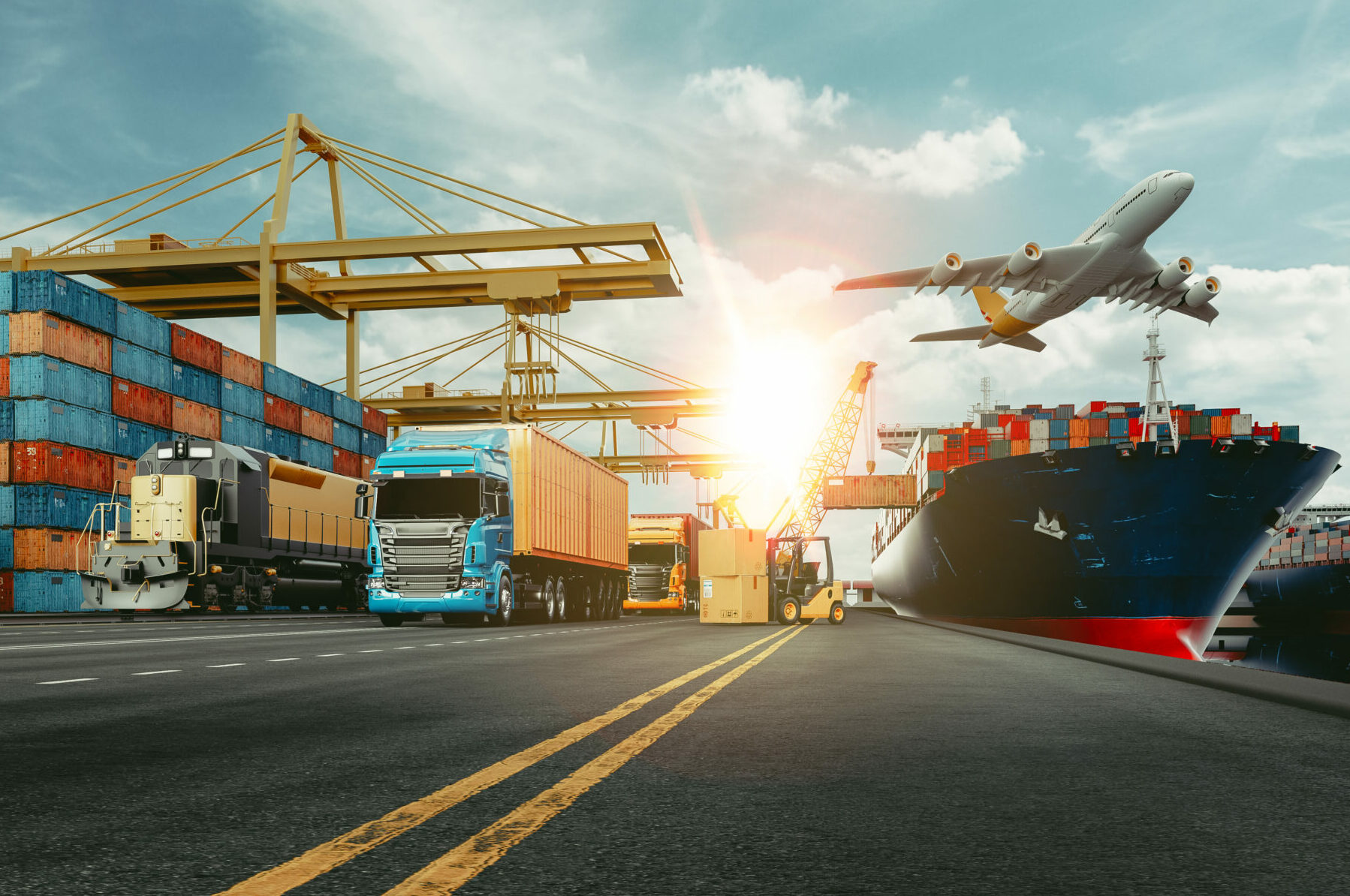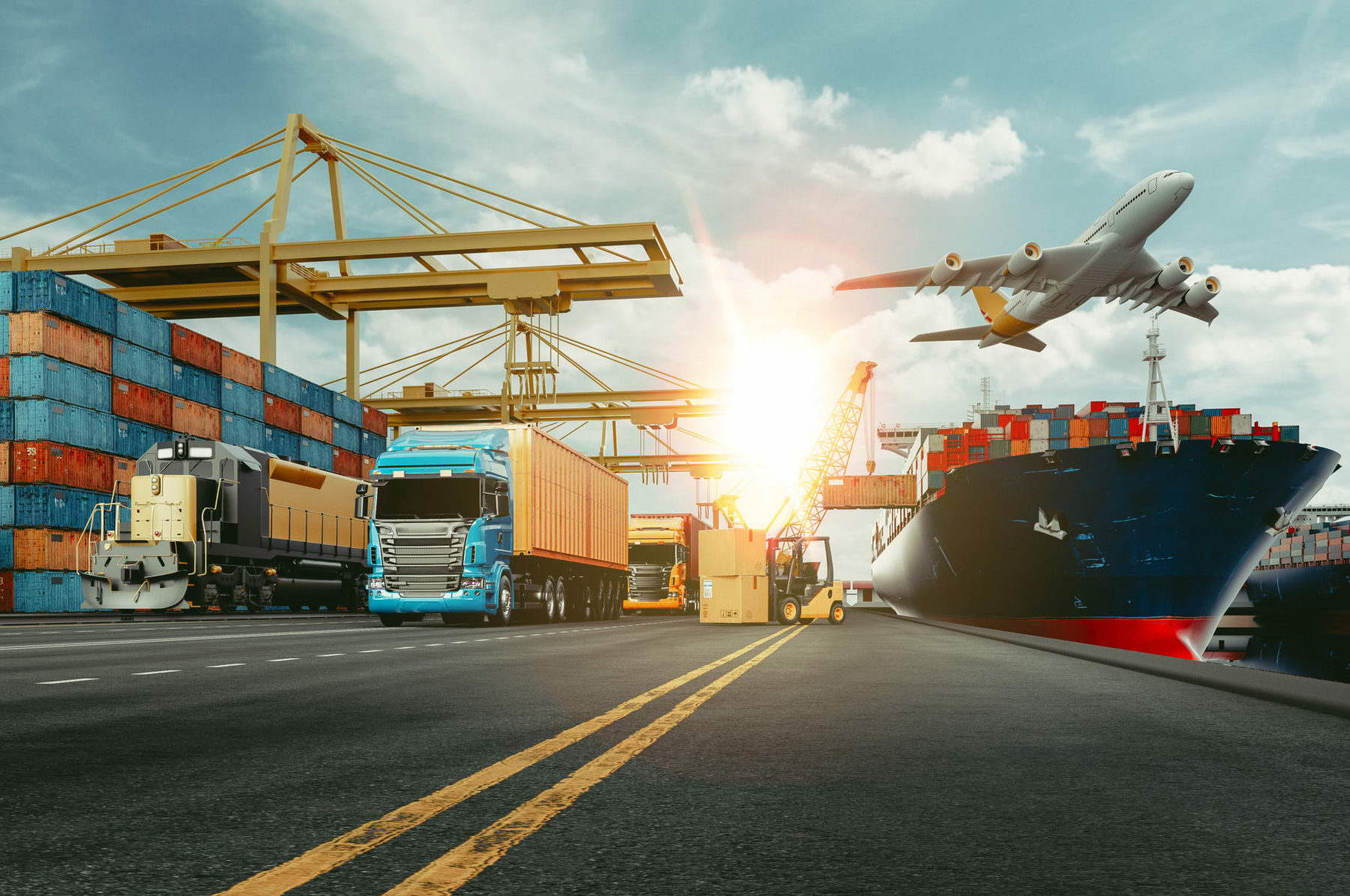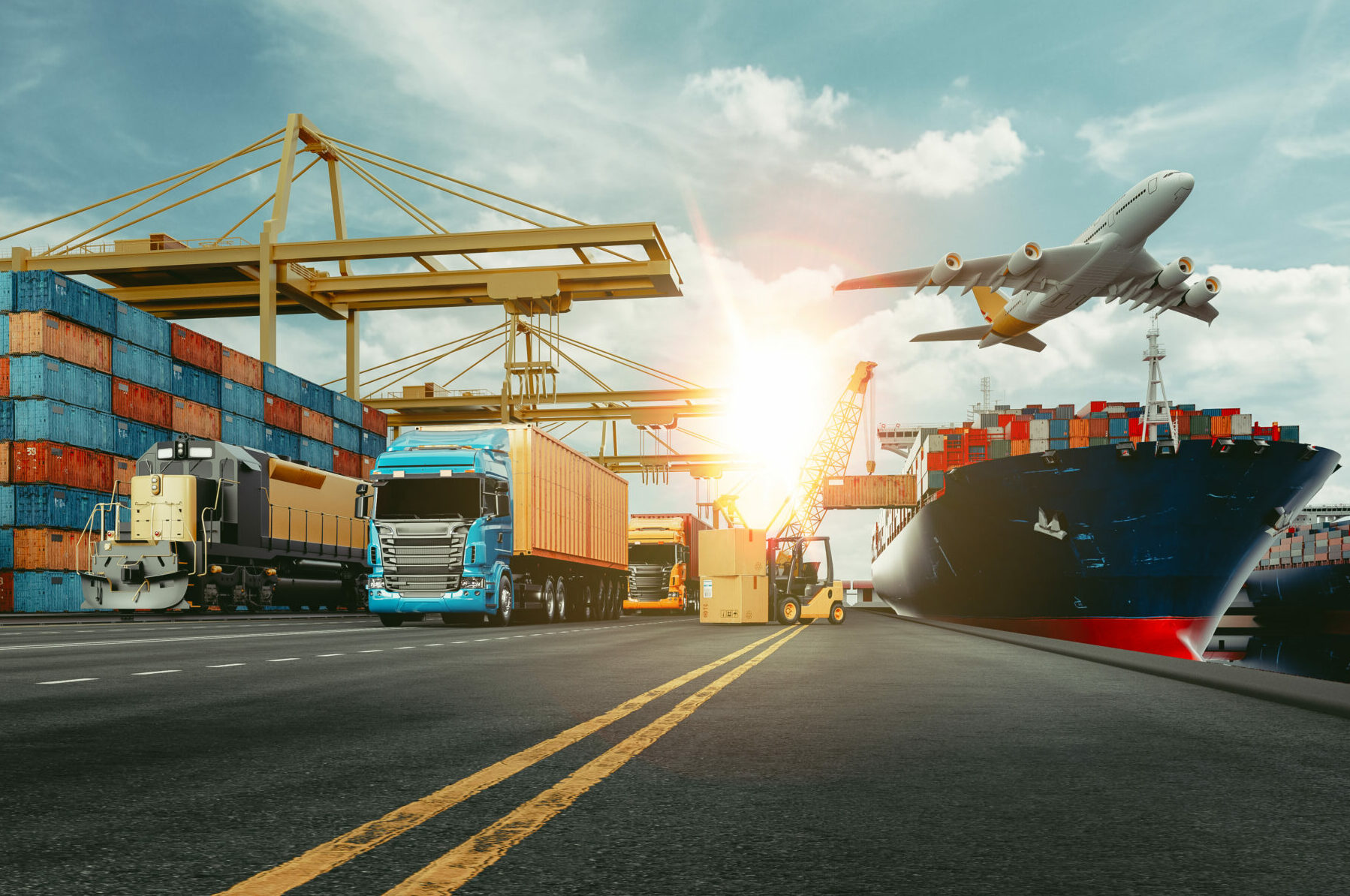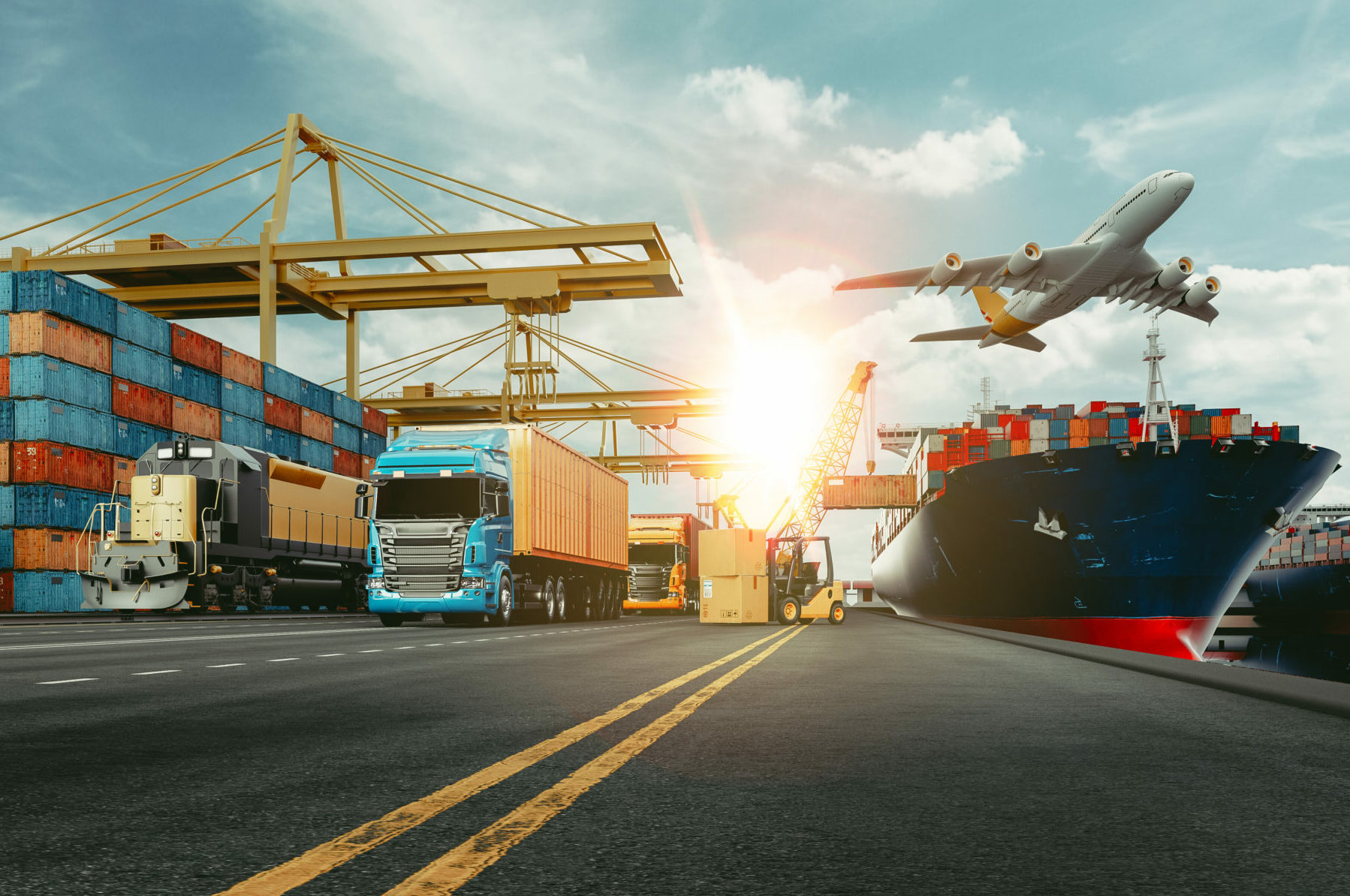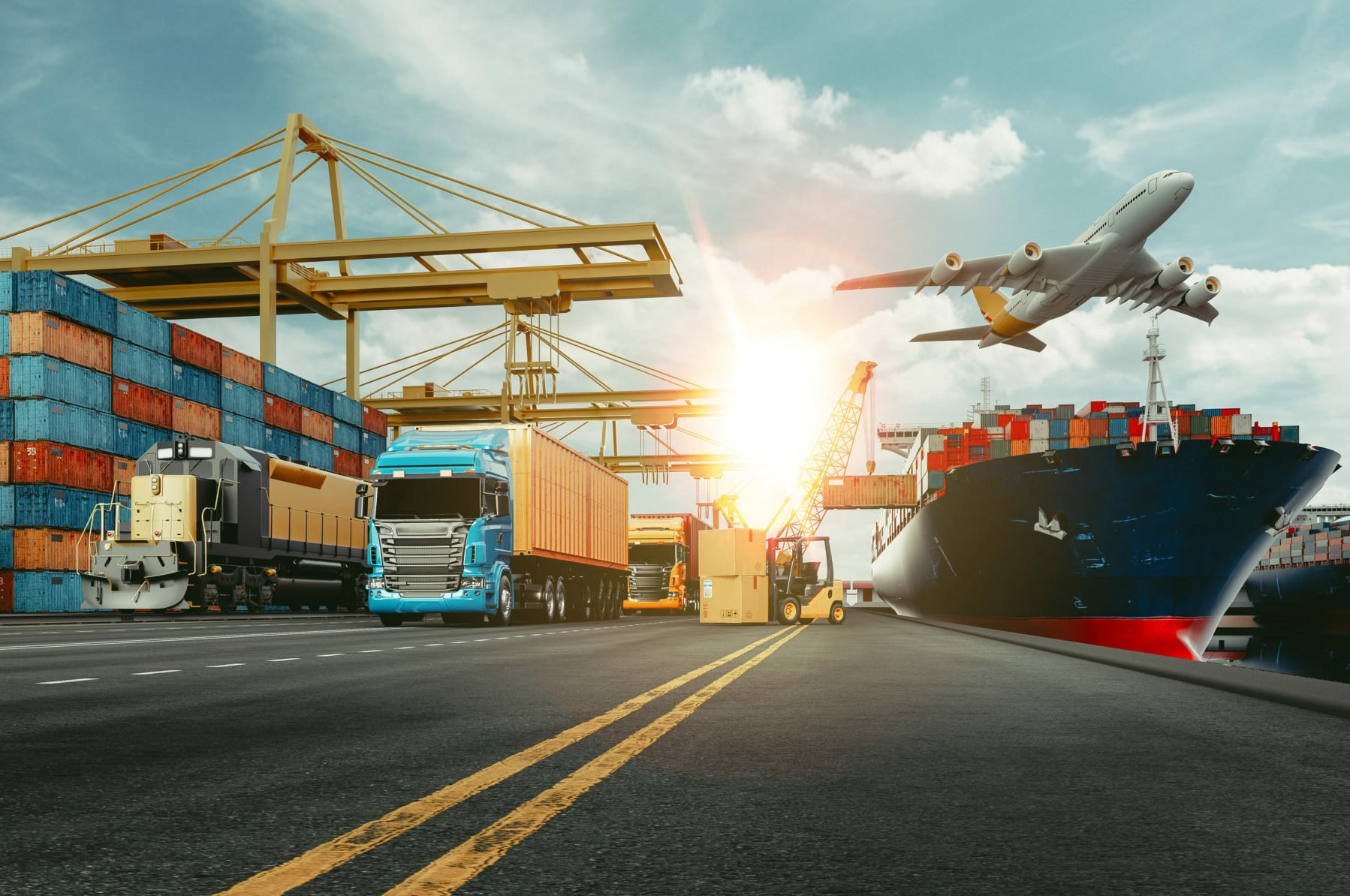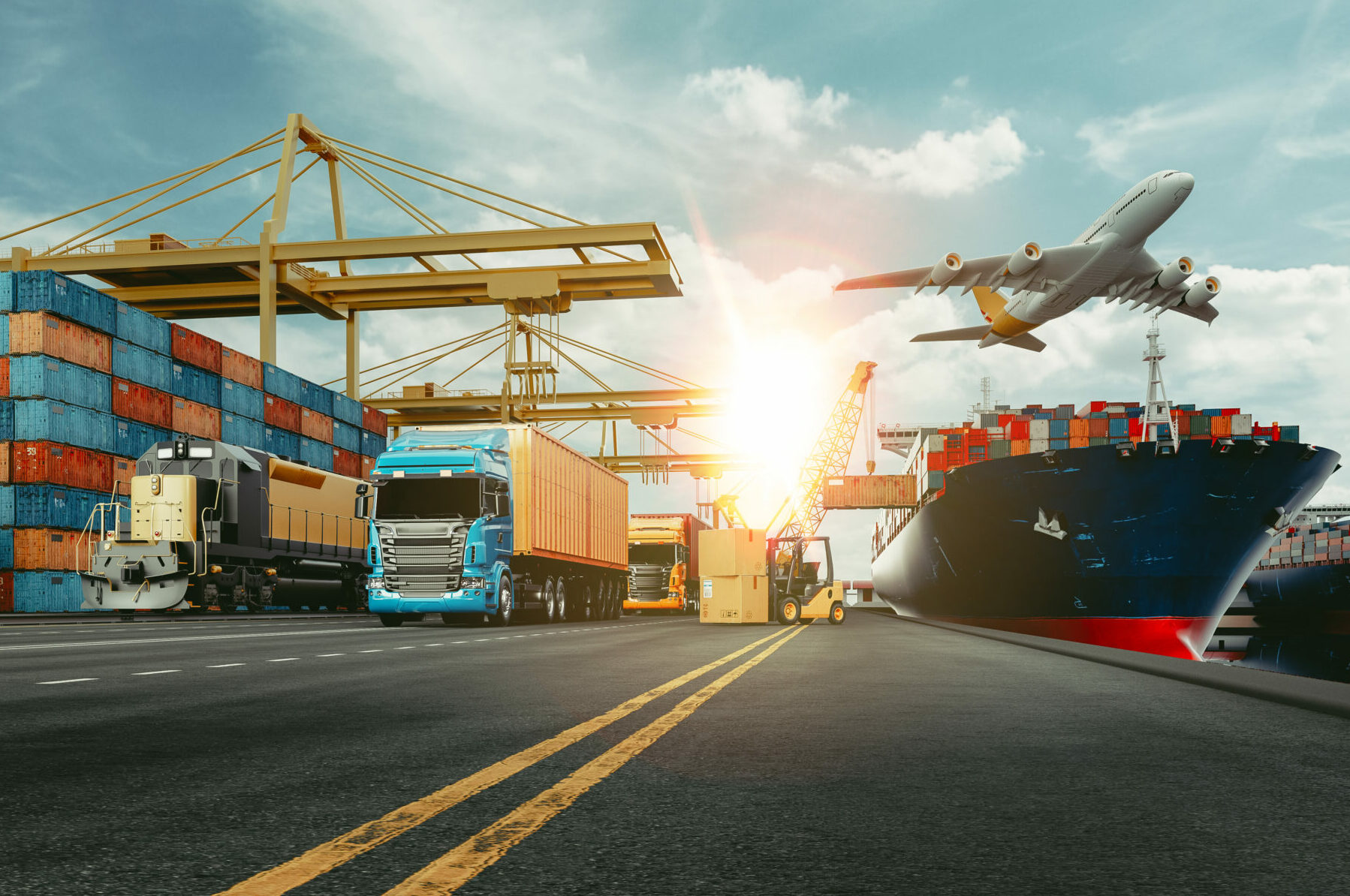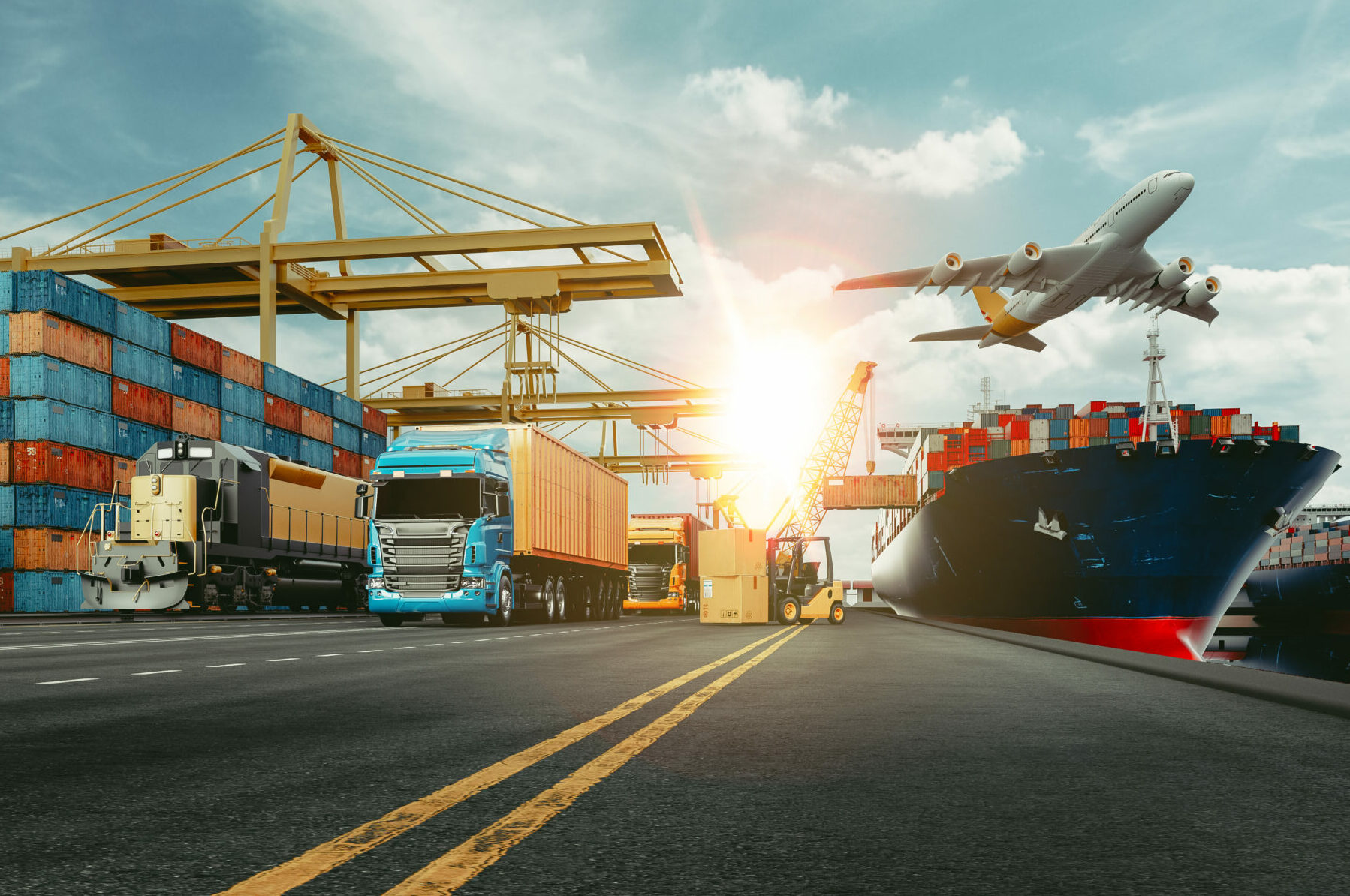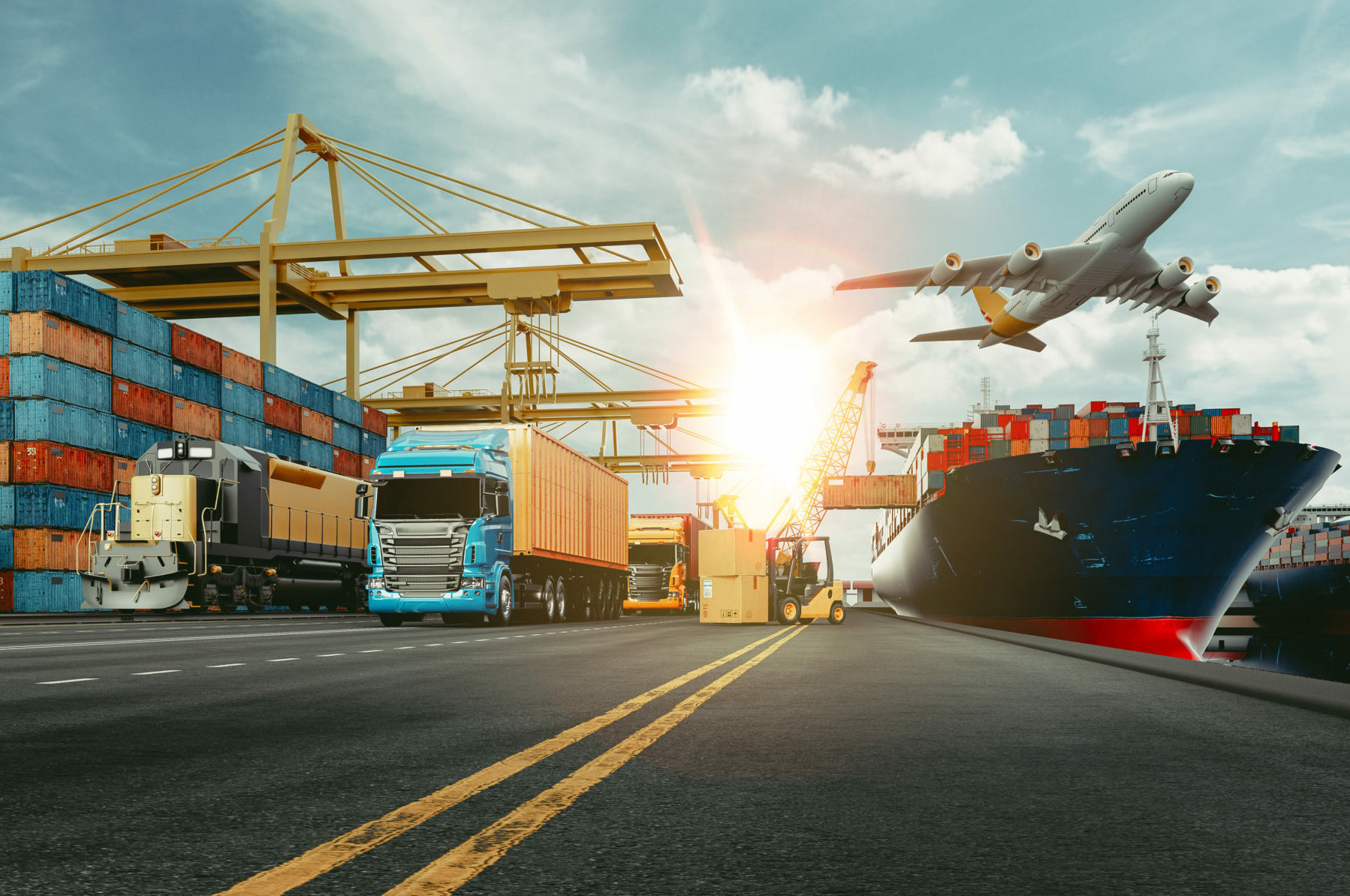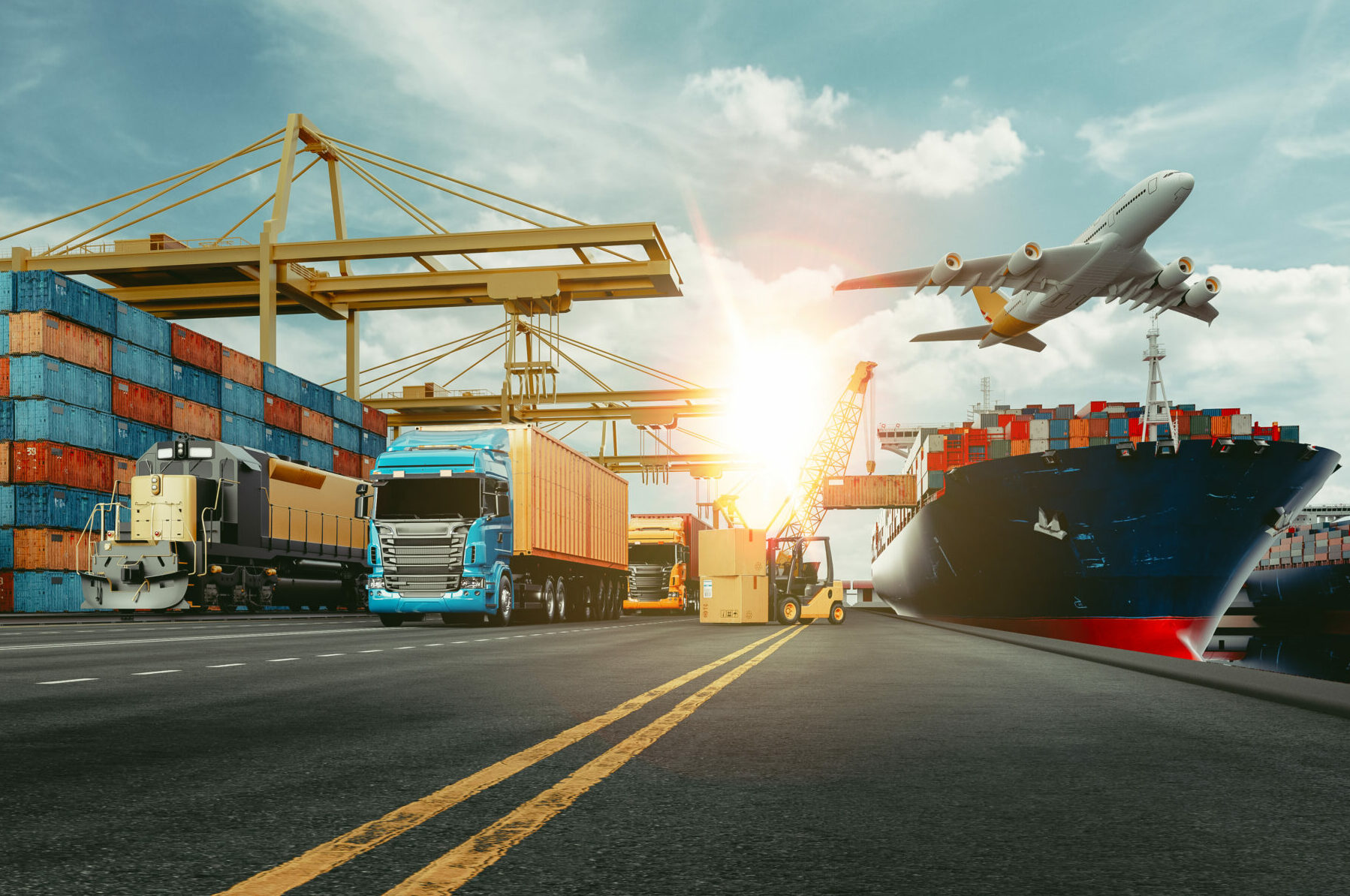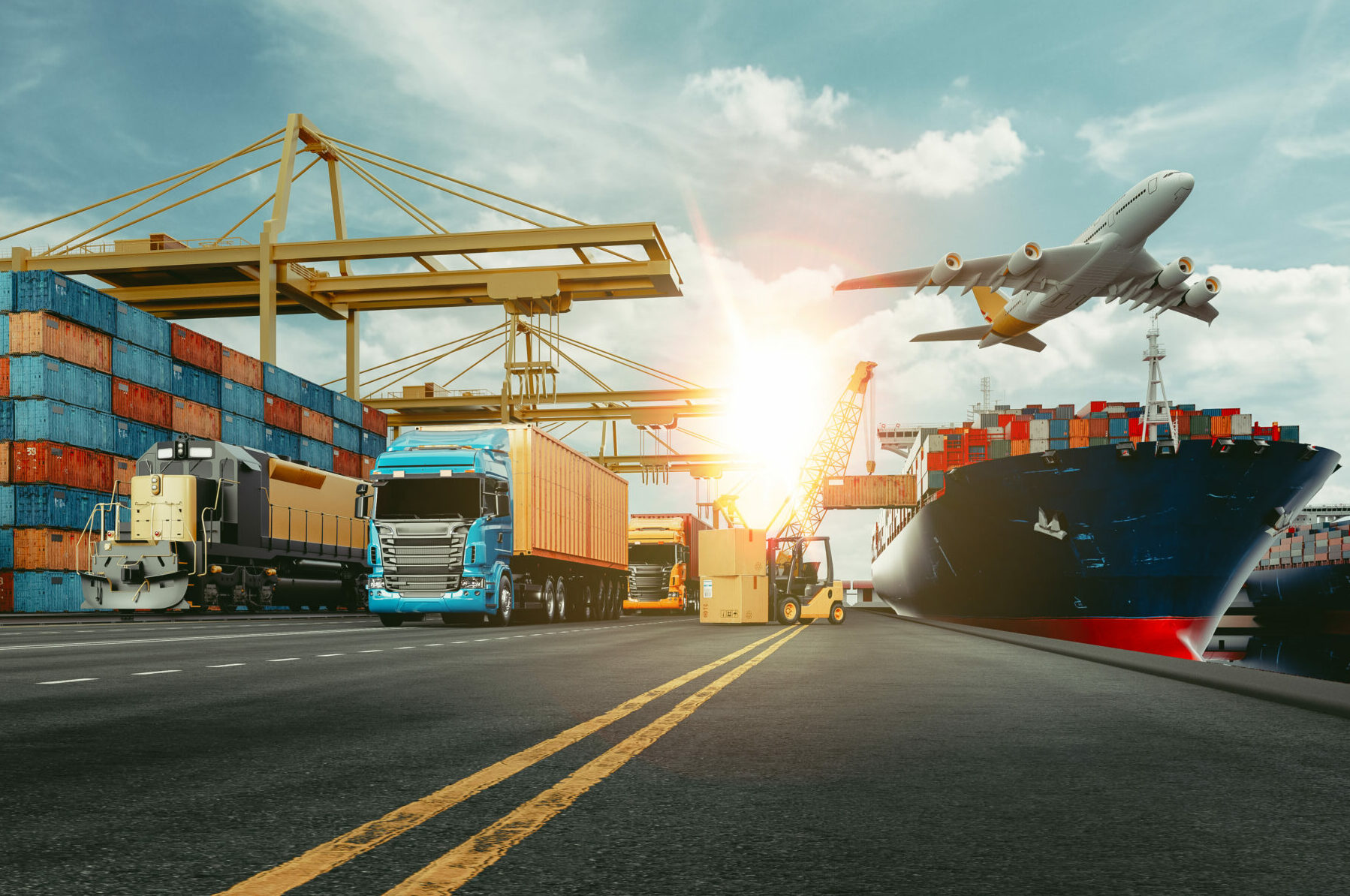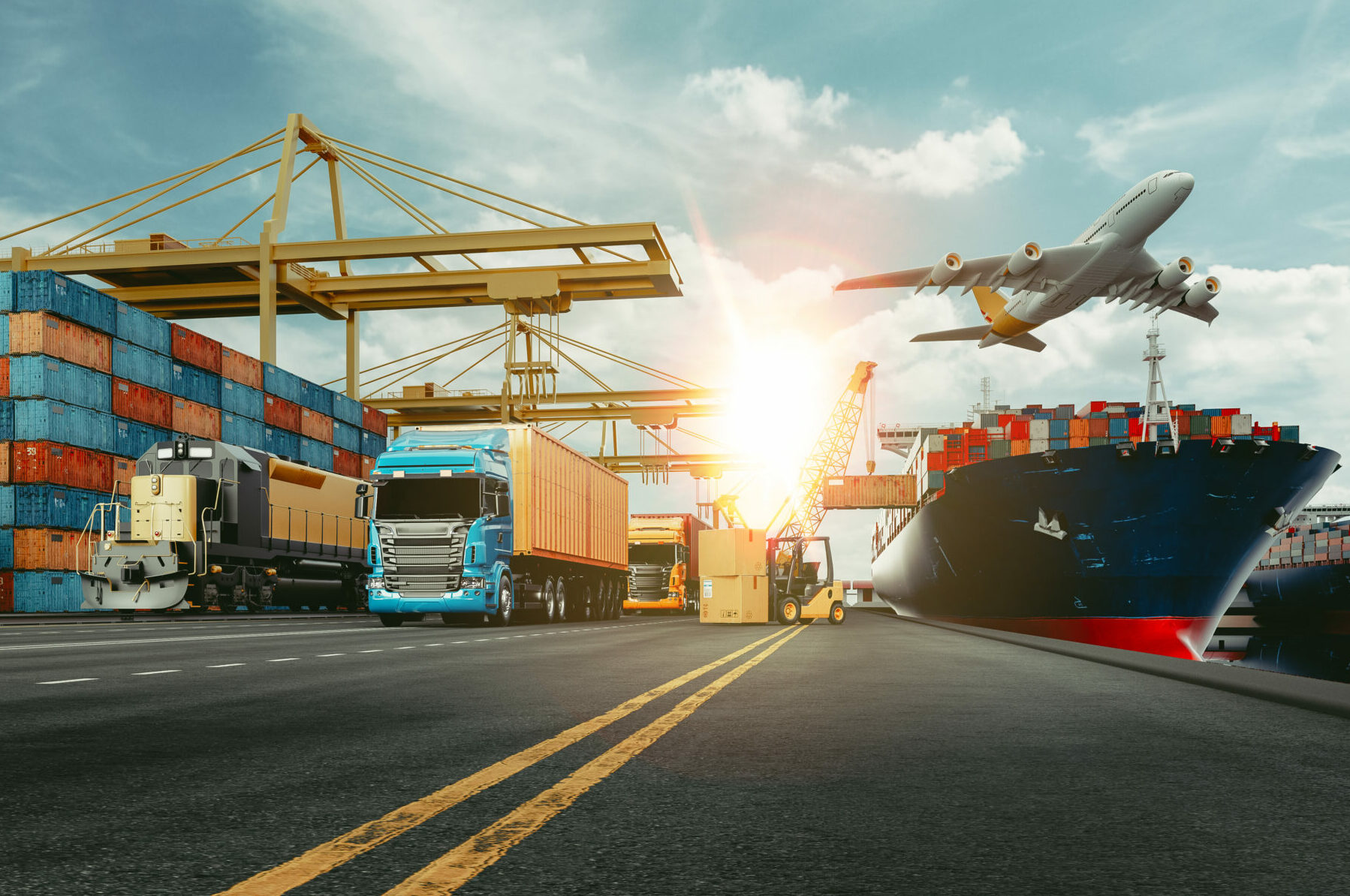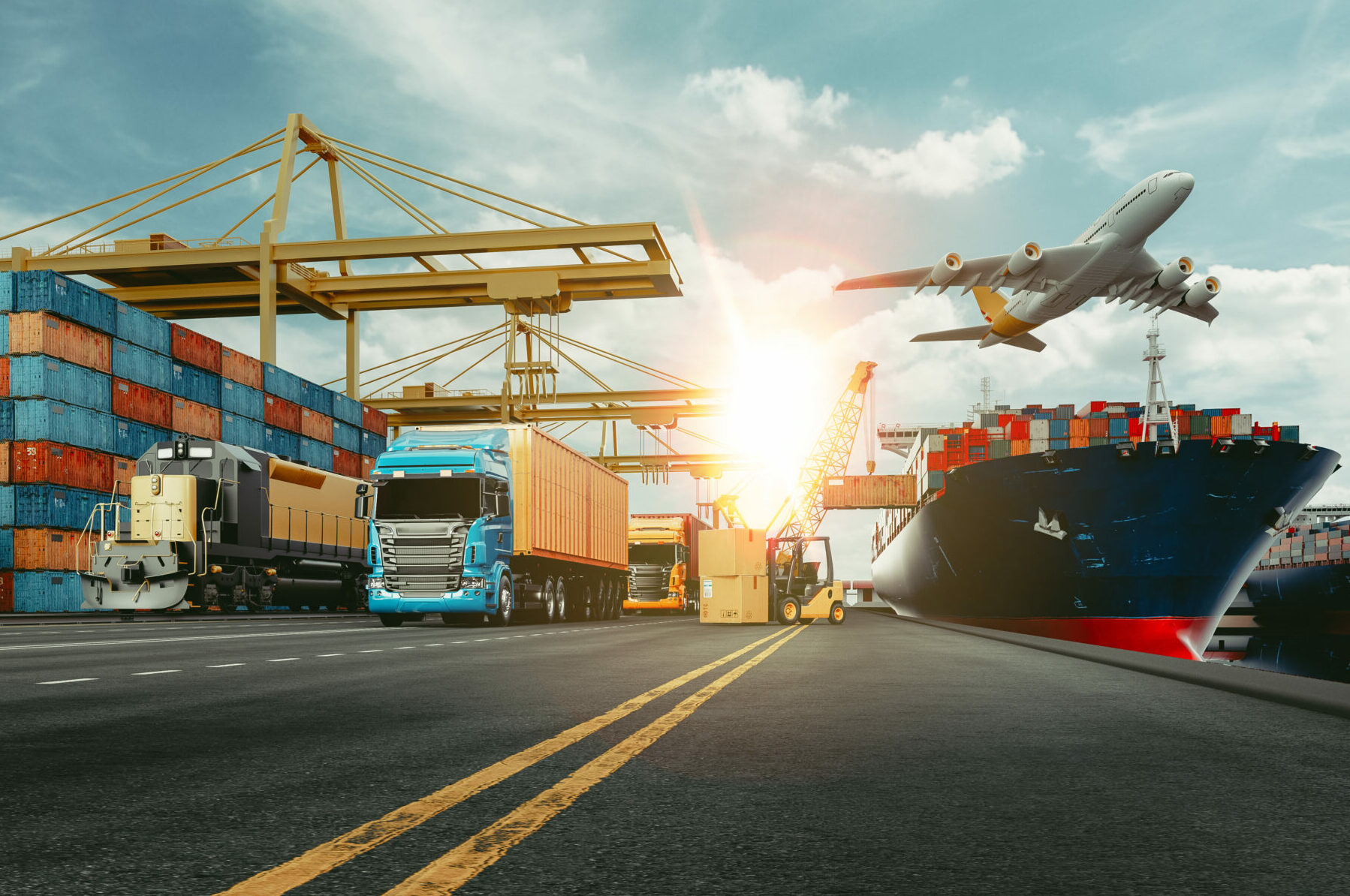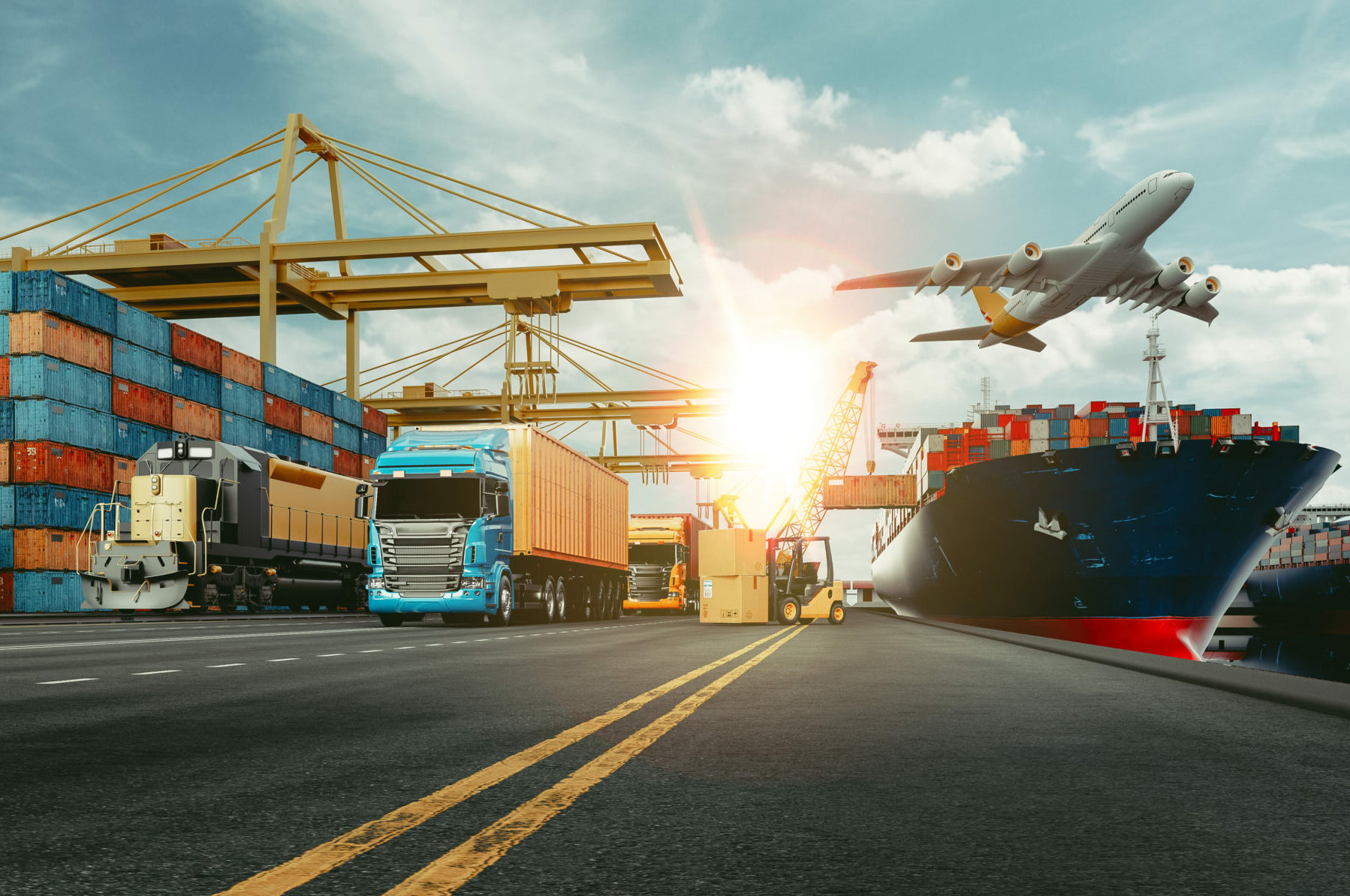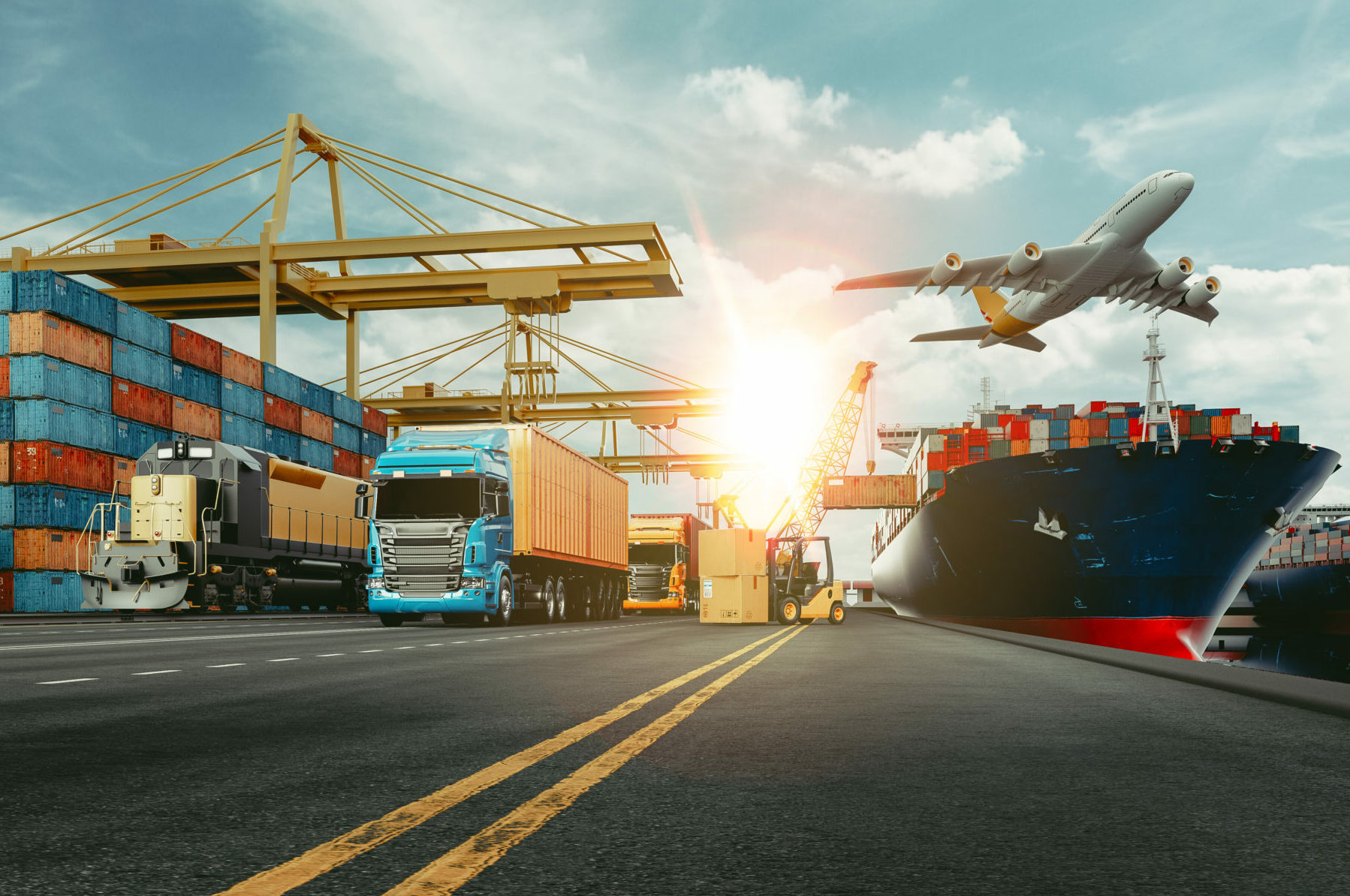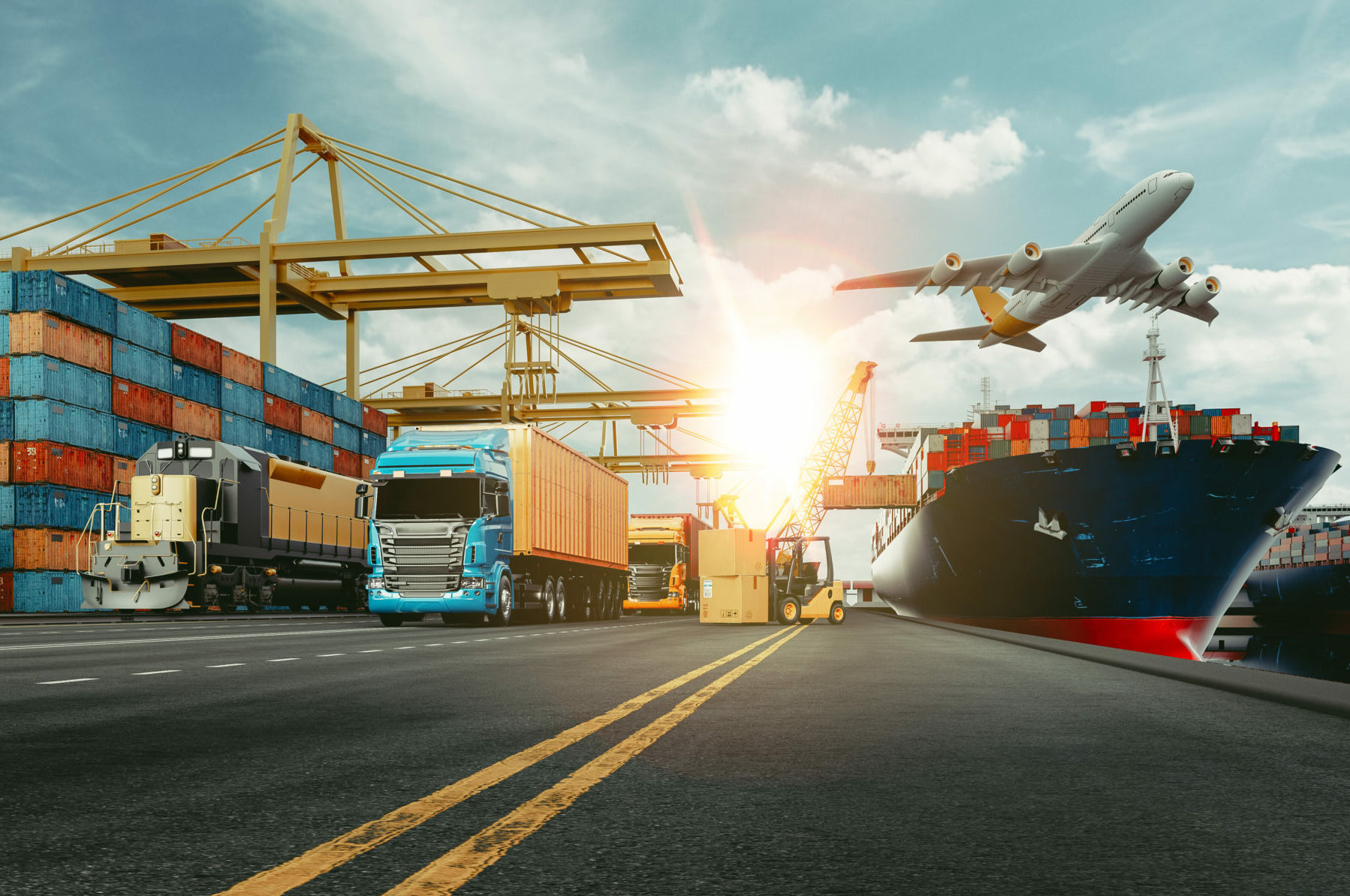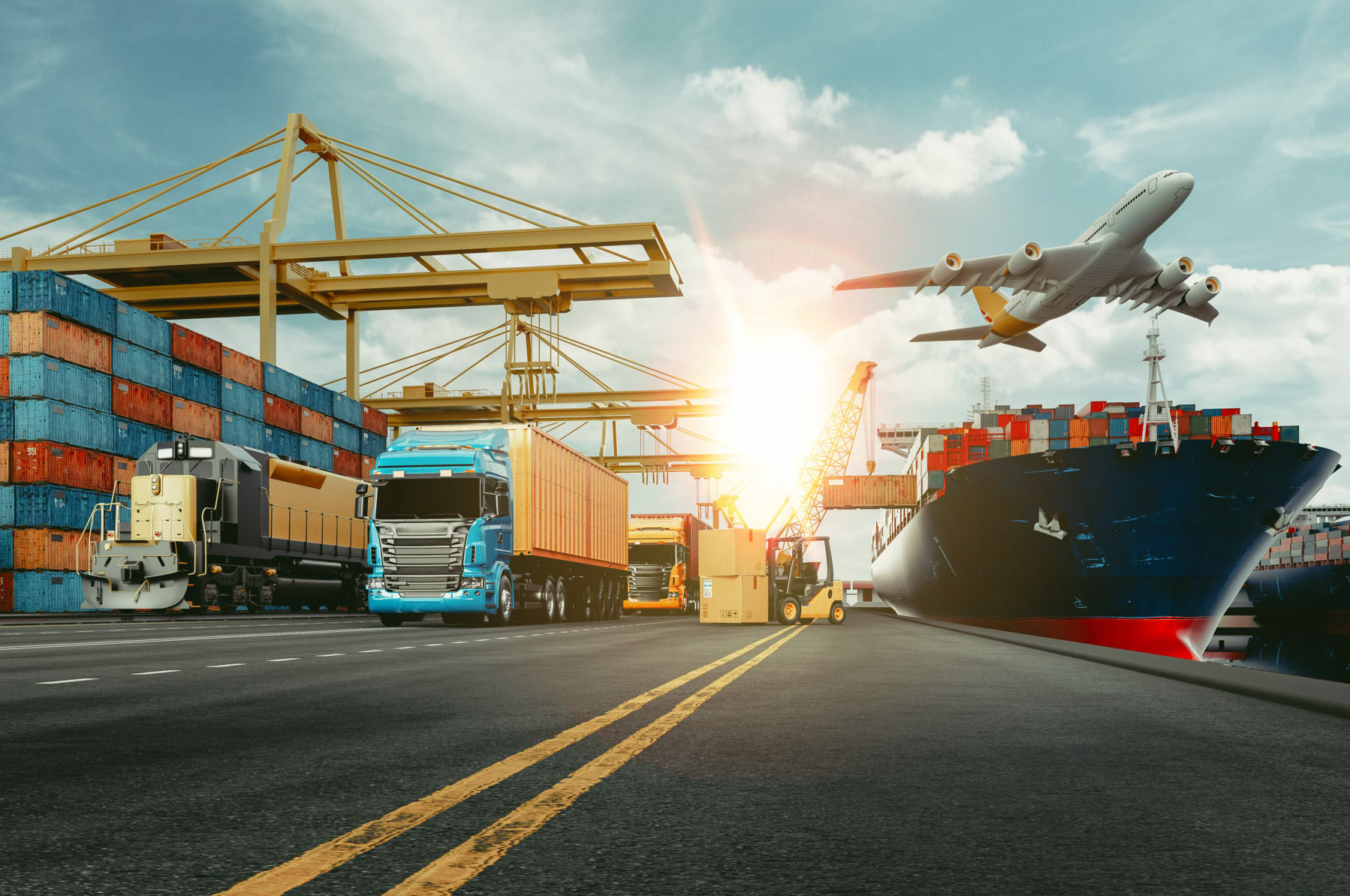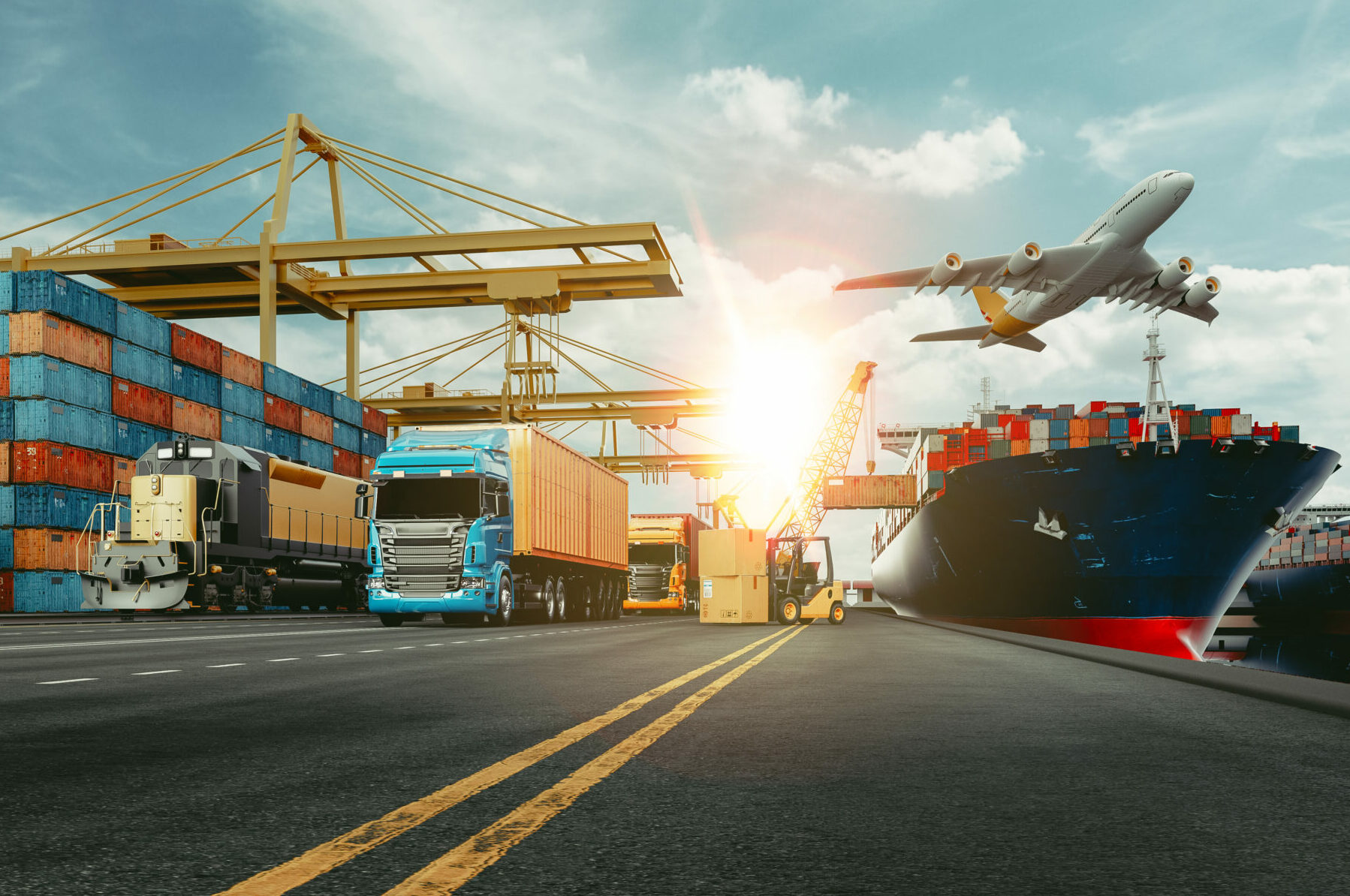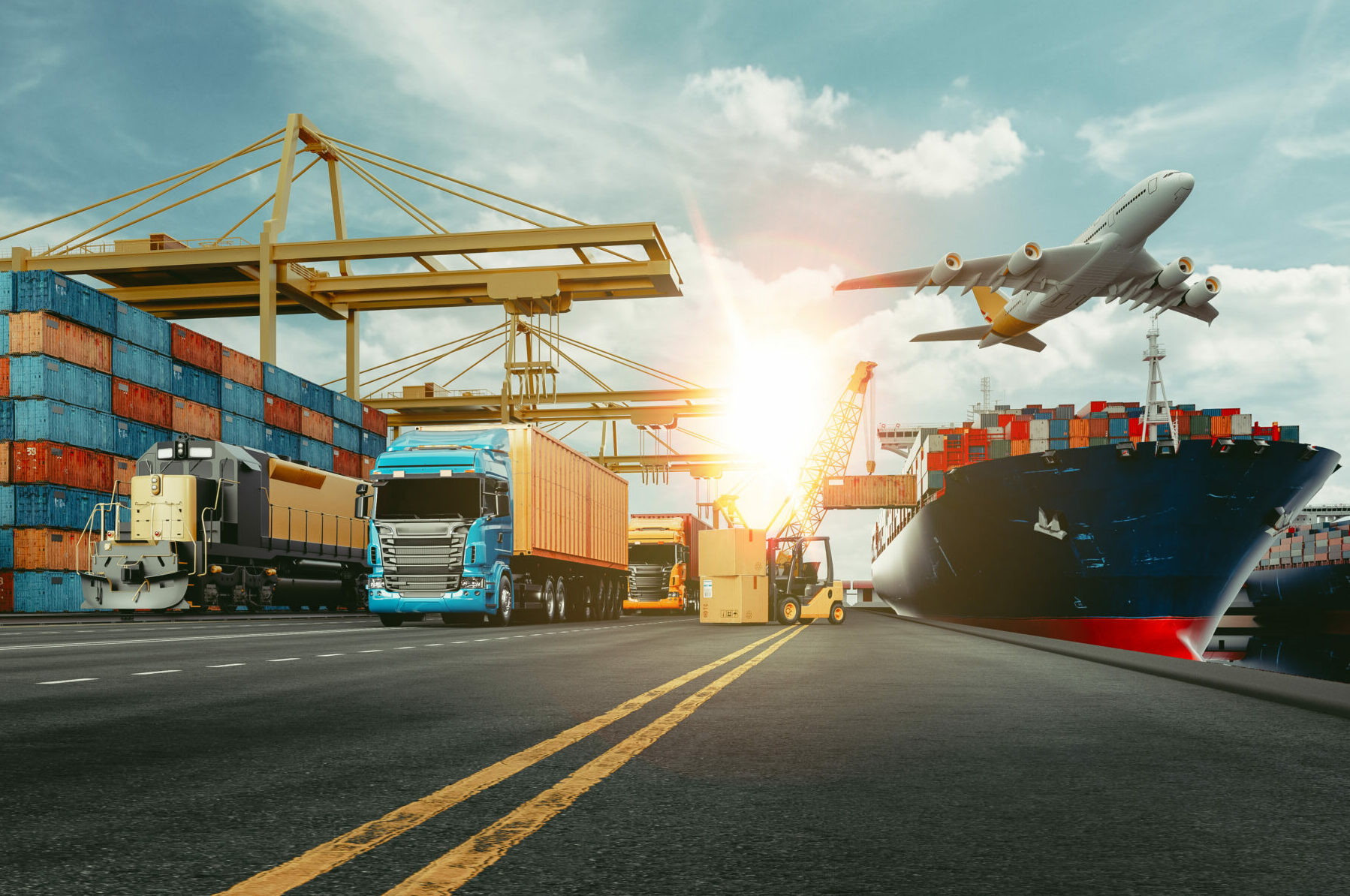The cargo forwarding industry handles billions of pounds worth of goods annually, with high-value cargo presenting unique risks and challenge…
Intermodal Container Transport Freight Insurance: Protecting Your Cargo Across Multiple Transportation Modes
A Definitive Guide for Logistics Professionals, Shipping Companies, and Supply Chain Managers
Understanding Intermodal Container Transport: The Backbone of Global Trade
In an increasingly interconnected global economy, intermodal container transport has become the lifeblood of international trade. Businesses rely on seamless transportation of goods across trucks, trains, ships, and sometimes even aircraft. However, with this complexity comes significant risk—a risk that can be mitigated through comprehensive freight insurance.
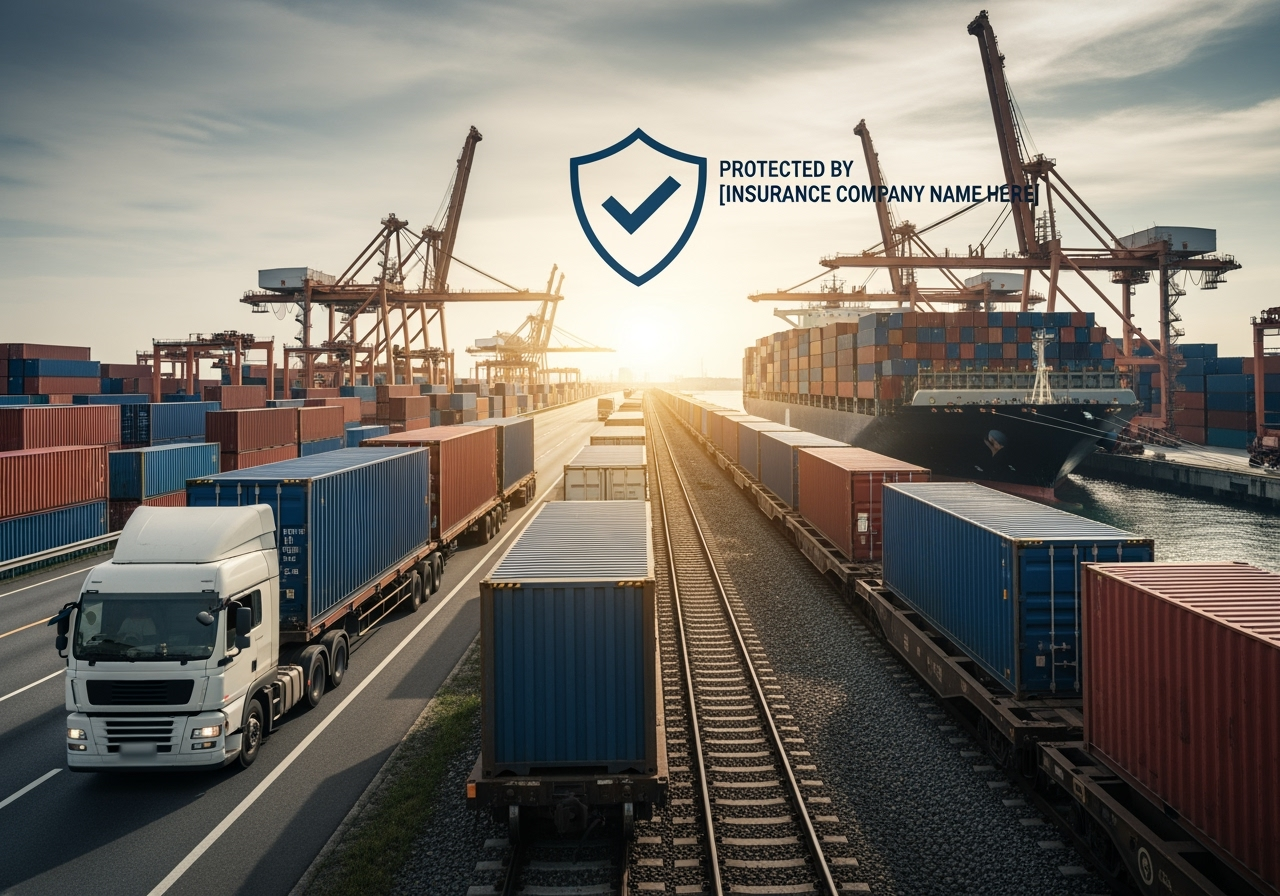
What is Intermodal Container Transport?
Intermodal container transport involves moving cargo in standardized containers using multiple modes of transportation without handling the freight itself when changing modes. A single container might travel by:
- Truck from a warehouse to a rail yard
- Train across long distances
- Container ship across oceans
- Truck again to the final destination
Risks in Intermodal Container Transport
1. Physical Damage Risks
Cargo faces numerous physical risks during transportation:
- Collision damage
- Improper handling
- Extreme weather conditions
- Saltwater exposure during maritime transport
- Temperature fluctuations
- Vibration and shock during transit
2. Theft and Cargo Loss
Each transportation mode introduces unique theft risks:
- Truck hijacking
- Port and warehouse theft
- Container tampering
- Cybersecurity risks in logistics tracking
3. Environmental and Natural Disaster Risks
Unpredictable events can disrupt cargo transportation:
- Hurricanes and tropical storms
- Earthquakes
- Flooding
- Volcanic eruptions
- Extreme temperature variations
Types of Intermodal Container Transport Freight Insurance
1. All-Risk Insurance
Provides the most comprehensive coverage, protecting against nearly all potential risks except those explicitly excluded in the policy. Ideal for high-value or sensitive cargo.
2. Named Perils Insurance
Covers only specific risks outlined in the policy. More cost-effective but offers less protection compared to all-risk policies.
3. Marine Cargo Insurance
Specifically designed for goods transported via sea, covering unique maritime risks like sea water damage, piracy, and vessel-related incidents.
4. Cargo Legal Liability Insurance
Protects logistics providers and transporters against legal claims arising from cargo damage or loss during transit.
Key Considerations When Choosing Freight Insurance
1. Cargo Valuation
Accurately determine the total value of goods, including:
- Manufacturing costs
- Transportation expenses
- Potential lost profits
- Replacement costs
2. International Shipping Regulations
Consider variations in insurance requirements across different countries and international shipping conventions like:
- Hague-Visby Rules
- Hamburg Rules
- Rotterdam Rules
3. Specific Cargo Characteristics
Insurance needs vary based on cargo type:
- Perishable goods
- Hazardous materials
- High-value electronics
- Fragile equipment
- Temperature-sensitive products
Risk Mitigation Strategies
1. Proper Packaging
Invest in high-quality, industry-standard packaging that protects goods across different transportation modes.
2. Detailed Documentation
Maintain comprehensive records of:
- Cargo condition before shipping
- Packaging specifications
- Transportation routes
- Handling instructions
3. Technology Integration
Utilize modern tracking and monitoring technologies:
- GPS tracking
- Temperature monitoring sensors
- Shock and vibration detectors
- Real-time container condition monitoring
Factors Affecting Intermodal Freight Insurance Premiums
1. Cargo Characteristics
- Cargo value
- Fragility
- Potential for damage
2. Transportation Routes
- Geographical risks
- Political stability of transit countries
- Historical loss rates in specific regions
3. Risk Management Practices
- Company's safety record
- Implemented risk mitigation strategies
- Quality of packaging and handling
Conclusion: Protecting Your Global Supply Chain
Intermodal container transport freight insurance is not just a financial safeguard—it's a critical component of a robust global logistics strategy. By understanding the risks, choosing appropriate coverage, and implementing comprehensive risk management practices, businesses can protect their assets and ensure smooth international trade operations.
Frequently Asked Questions
Q1: Is intermodal container transport insurance mandatory?
While not always legally required, it is highly recommended for businesses involved in international shipping.
Q2: How long does intermodal freight insurance coverage last?
Coverage typically extends from the moment goods leave the original warehouse until they reach the final destination, including all transportation mode transitions.
Q3: Can I get insurance for specific transportation modes?
Yes, specialized insurance policies can be tailored to cover specific transportation modes or comprehensive multi-modal coverage.


 0330 127 2333
0330 127 2333

